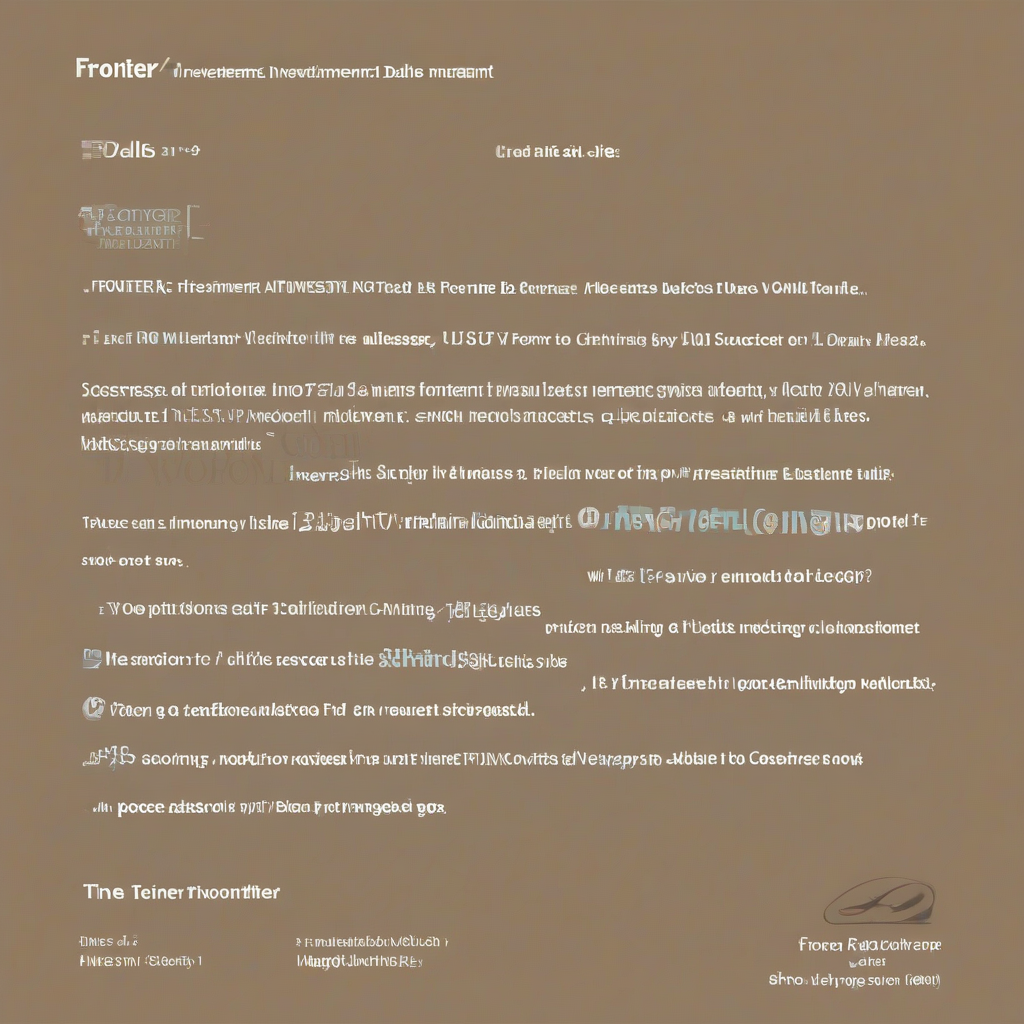Investment Property Mortgage: Everything You Need to Know

Investment Property Mortgage: Everything You Need to Know
An investment property mortgage is a loan specifically designed to finance the purchase of a property that you intend to rent out or use for other income-generating purposes. Unlike a traditional mortgage for a primary residence, investment property mortgages often come with different terms and conditions, including higher interest rates and stricter eligibility requirements.
Types of Investment Property Mortgages
- Conventional Investment Property Mortgage: These mortgages are offered by private lenders and are not backed by the government. They typically require a higher down payment and credit score than traditional mortgages.
- FHA Investment Property Mortgage: The Federal Housing Administration (FHA) offers mortgages for investment properties, but they have stricter eligibility requirements than conventional mortgages. FHA investment property mortgages often require a lower down payment and have more lenient credit score requirements.
- VA Investment Property Mortgage: The Veterans Administration (VA) does not offer mortgages for investment properties. VA loans are specifically for eligible veterans and active-duty military personnel purchasing a primary residence.
- Portfolio Loans: Some lenders offer portfolio loans for investment properties, which are not sold to the secondary market. These loans may have more flexible terms and conditions, but they typically come with higher interest rates.
Eligibility Requirements for Investment Property Mortgages
- Credit Score: Lenders typically require a credit score of at least 620 for investment property mortgages. However, the specific credit score requirements may vary depending on the lender and type of mortgage.
- Debt-to-Income Ratio (DTI): Your DTI is a measure of how much of your income is going towards debt payments. Lenders typically require a DTI of 43% or less for investment property mortgages.
- Down Payment: Lenders typically require a down payment of at least 20% for investment property mortgages. However, some lenders may offer lower down payment options, such as FHA mortgages.
- Income: Lenders will review your income to ensure that you can afford the mortgage payments on the investment property. They may require documentation of your income, such as tax returns or pay stubs.
- Rental Income: If you plan to rent out the investment property, lenders may require you to provide documentation of the rental income, such as a lease agreement or rental history.
- Property Appraisal: Lenders will require an appraisal of the investment property to determine its market value.
Interest Rates for Investment Property Mortgages
Interest rates for investment property mortgages are typically higher than those for traditional mortgages. This is because investment property mortgages are considered riskier for lenders, as they are not backed by the government and rely on rental income for repayment.
- Factors that Affect Interest Rates: Several factors can affect interest rates for investment property mortgages, including your credit score, DTI, down payment, and the type of mortgage.
- Current Market Conditions: Interest rates for investment property mortgages are also affected by current market conditions, such as inflation and the Federal Reserve's monetary policy.
- Comparison Shopping: It's important to shop around for the best interest rates for your investment property mortgage. Contact multiple lenders and compare their rates, terms, and conditions.
Tips for Getting Approved for an Investment Property Mortgage
- Improve Your Credit Score: Before applying for an investment property mortgage, take steps to improve your credit score. This may include paying down debt, making all of your payments on time, and disputing any errors on your credit report.
- Save for a Down Payment: Lenders typically require a larger down payment for investment property mortgages than for traditional mortgages. Save as much money as possible for the down payment to increase your chances of getting approved.
- Document Your Income and Expenses: Lenders will want to see documentation of your income and expenses. Keep track of all your income and expenses to make it easier to provide this information.
- Find a Reliable Property Manager: If you plan to rent out your investment property, find a reliable property manager to handle the day-to-day operations. This will help ensure that your property is well-maintained and that you receive regular rental income.
- Shop Around for Lenders: Compare rates and terms from multiple lenders before choosing a mortgage. This will help you find the best possible deal.
- Be Prepared for Higher Closing Costs: Investment property mortgages typically have higher closing costs than traditional mortgages. Be prepared to pay additional fees for things like property inspections, appraisals, and title insurance.
Pros and Cons of Investment Property Mortgages
Pros:
- Potential for Passive Income: Investment properties can provide a source of passive income through rental payments.
- Appreciation: Real estate prices tend to appreciate over time, which can increase the value of your investment.
- Tax Advantages: Owning an investment property can provide tax advantages, such as deductions for mortgage interest, property taxes, and depreciation.
- Inflation Hedge: Real estate can serve as a hedge against inflation, as rental income and property values tend to increase with inflation.
Cons:
- Higher Interest Rates: Investment property mortgages typically come with higher interest rates than traditional mortgages.
- Stricter Eligibility Requirements: Lenders typically have stricter eligibility requirements for investment property mortgages.
- Higher Closing Costs: Investment property mortgages often have higher closing costs than traditional mortgages.
- Risk of Vacancies: There's always the risk of vacancies between tenants, which can reduce your rental income.
- Maintenance Expenses: Owning an investment property requires regular maintenance and repairs, which can be expensive.
Conclusion
An investment property mortgage can be a good way to build wealth and generate passive income. However, it's important to understand the risks and costs associated with investment property ownership. If you're considering buying an investment property, be sure to do your research, shop around for the best rates, and factor in all of the potential costs.
What's Your Reaction?

















